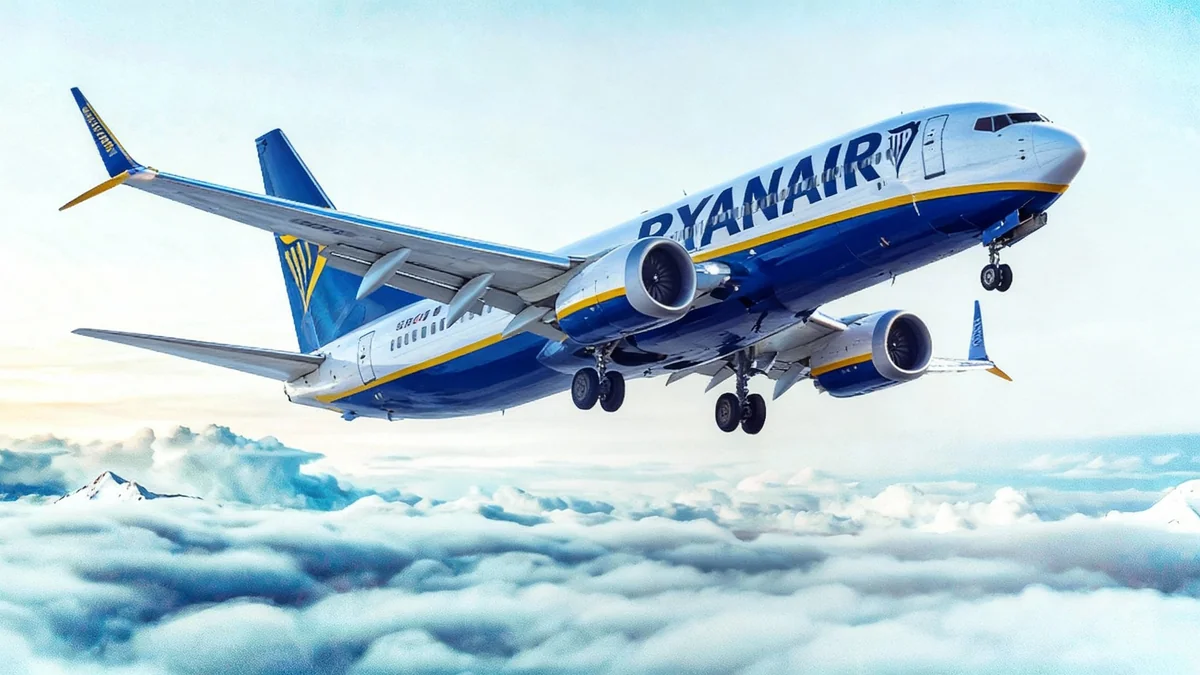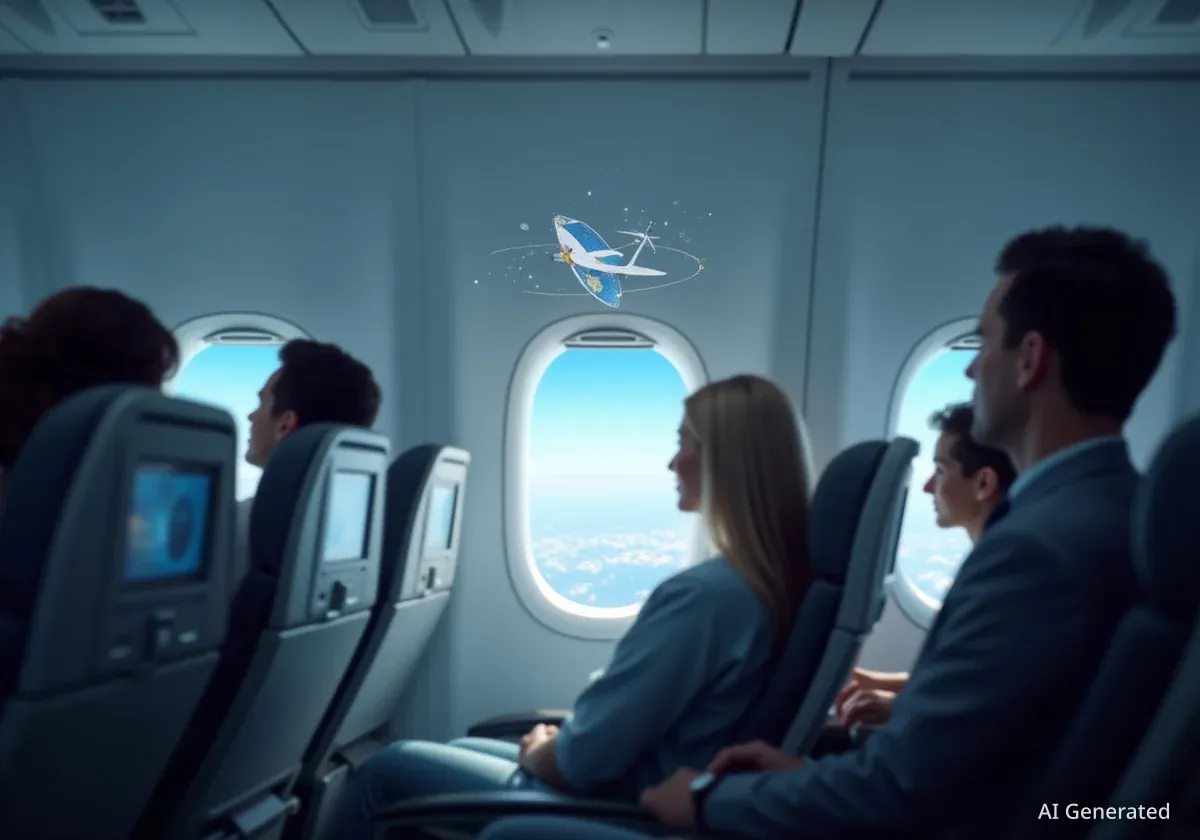Ryanair is implementing a new policy starting November 12, requiring passengers to use digital boarding passes through its mobile application. This move aims to streamline the check-in process and reduce paper waste, marking a significant shift towards a fully paperless system for the low-cost carrier.
Key Takeaways
- Ryanair will require digital boarding passes via its app from November 12.
- The airline expects to save 300 tonnes of paper annually.
- Passengers must check in online to avoid airport fees.
- Staff will assist passengers facing issues with digital passes.
Digital Transition for Ryanair Passengers
From November 12, Ryanair will largely discontinue physical boarding passes. Passengers will need to check in online using the myRyanair app. This change is part of a broader push by the airline to embrace digital solutions, aiming for greater efficiency and environmental benefits.
The airline estimates that this new policy will save approximately 300 tonnes of paper each year. This highlights a commitment to sustainability while also modernizing the passenger experience.
Digital Adoption
Almost 80% of Ryanair passengers already check in using the app. This suggests a smooth transition for the majority of travelers, but a significant portion still prefers traditional methods.
Avoiding Airport Fees and Ensuring Smooth Travel
Passengers must check in online before arriving at the airport to avoid additional charges. Ryanair's airport check-in fees can range between $30 and $60 per passenger. This emphasizes the financial incentive for travelers to adapt to the new digital system.
"Almost 100 percent of passengers have smartphones, and we want to move everybody onto the smartphone technology. Just make sure you check in online before you get to the airport, and then all will be fine."
Michael O'Leary, Ryanair Chief
This statement from Ryanair's chief underscores the airline's confidence in passengers' ability to transition to app-based boarding passes.
Support for Passengers with Digital Pass Issues
Ryanair has confirmed that its staff will provide assistance to passengers who encounter problems with their digital boarding passes. This includes situations where a phone is lost, runs out of battery, or if a passenger does not own a smartphone. In such cases, a paper boarding pass can be issued free of charge, provided the passenger has already completed online check-in.
For those concerned about unreliable internet access, Ryanair assures that boarding passes are automatically saved within the myRyanair app once check-in is complete. This allows passengers to access their passes offline from the 'My Bookings' menu.
Exceptions to the Rule
It is important to note that certain flights remain exempt from this new policy. Passengers flying from Morocco or Tirana, Albania, will still be required to present a printed boarding pass.
Industry's Growing Reliance on Digital Systems
The move by Ryanair reflects a broader trend within the aviation industry towards increased digitalization. Digital systems can significantly enhance operational efficiency, automating processes like check-in, boarding, and customer service. This can lead to reduced costs and improved passenger flow, positively impacting airline margins.
However, this reliance on digital infrastructure also introduces vulnerabilities. Recent incidents highlight the potential for widespread disruption when these systems fail. For example, a recent IT outage caused a nationwide groundstop for Alaska Airlines. In late 2022, Southwest Airlines experienced a major system meltdown due to outdated crew scheduling software, leading to the cancellation of over 16,900 flights over a nine-day period.
Cybersecurity Concerns in a Digital Age
As airlines become more digital, they also face increased exposure to cyber threats. The industry has seen a rise in cyberattacks in recent years. In September, multiple European airports experienced cyberattacks that targeted check-in, baggage, and boarding systems. These incidents forced airline staff to manually issue physical boarding passes, resulting in significant delays and long queues for travelers.
These events underscore the importance of robust cybersecurity measures as airlines continue their digital transformation. While the benefits of digitalization are clear, the industry must also address the associated risks to maintain smooth operations and passenger confidence.
- Airlines aim for greater operational efficiency through digital tools.
- Digital system failures can cause massive disruptions.
- Cybersecurity is a growing concern for the aviation sector.





